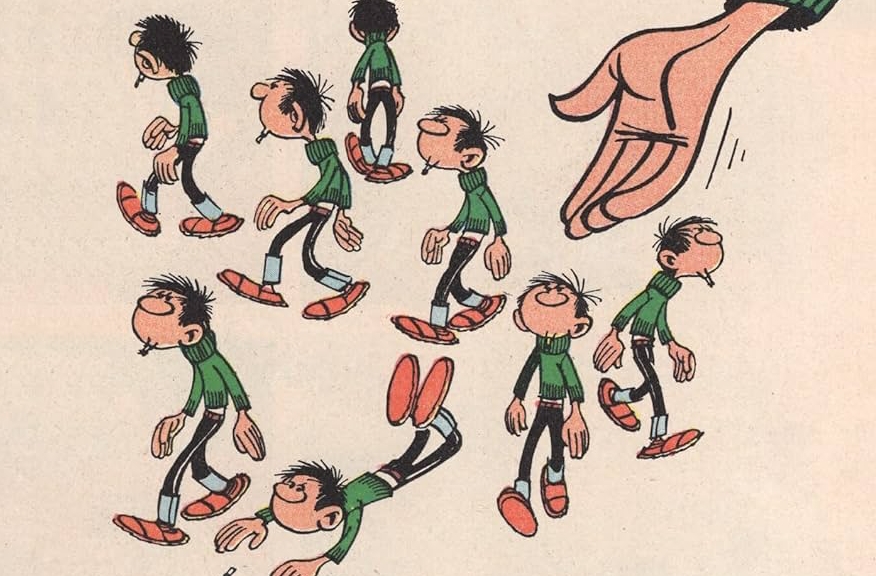While the first written occurrence on wine dates back to the XXIII century BC.C (by the king of Lagash, a rather obscure Sumerian city), the first international association highlighting winegrowers and winegrowers was only created in 2017.
Coming across the "quote" of a fairly well-known Food Instagram account, a reflection appeared. Here is the quote in question: "When I hear feminine wine, I want to slap with the complete works of Simone de Beauvoir".
Let's leave poor Simone alone and dwell on this expression, which has become so common, that it feeds the popular culture of memes today.
"Feminine wine" … What would a feminine wine be? Simply can a wine made by a woman or a man also make a feminine wine? By "feminine wine", understand easier to drink, less tannic, lighter, all in all, more elegant. It is known that after all, women drink only whites (especially sweet) and very light red wines while men appreciate more tannic wines and very strong in taste.

During some tastings, we can hear, not without surprises, that some appellations of Burgundy wines (Volnay, Vosne-Romanée …) are feminine (understand that they are more subtle, finer, fruitier wines) as opposed to those called masculine such as Nuits-Saint-Georges, Pommard or Corton and which would be more rustic, stronger, more tannic.
Gendered wine?
Apart from the gender controversy that this can generate, can we really attribute a feminine or masculine character to a wine? Have we not reached a time when the only way to promote a minority is to expose it?
Apart from the gender controversy that this can generate, can we really attribute a feminine or masculine character to a wine? Have we not reached a time when the only way to promote a minority is to expose it?
However, women have always taken part in working the land and the vine. More relegated to unmeticulous tasks (pruning, picking vines…) to leave the more technical tasks (blending, winemaking…) to men, they have nevertheless marked the history of wine by many advances: Louise Pommery for example is the first to experiment with champagne brut which was until then only a wine of dessert sparkling and sweet.

Françoise Joséphine de Lur-Saluces also since it was she who built for the first time a cellar in Yquem and made this castle, even today, the most famous sweet white in the world.

Some figures: In France, 31% of farms are managed OR co-managed by women. The latter represent 25% of practising sommeliers and only a third of oenologists. There is progress, you might say, since twenty years ago, on the facades of large estates in Burgundy, there were these signs "forbidden to ladies".
Back to basics…
But with this stigma, haven't we forgotten the whole essence of wine? Neutrality! Wine, like cooking, has no gender. Making wine or tasting it is simply letting ourselves be transported by the taste, the history and the different sensations that it provokes in us. It is to discover a palette of sensory emotions independent of clichés. Talking about feminine wine or male wine is actually nonsense and this is the claim of Women Do Wine but also of various French associations such as Fa'Bulleuses or Vinifilles.
So let's stop hanging a label on this thousand-year-old beverage and drink, but always in moderation!
note: cover image taken on pexels Written by Sakina






































